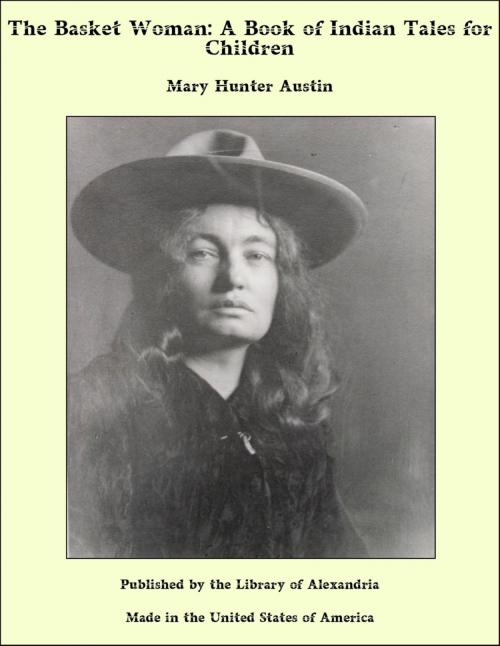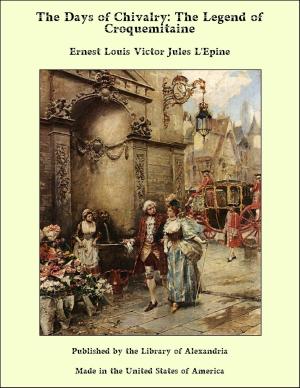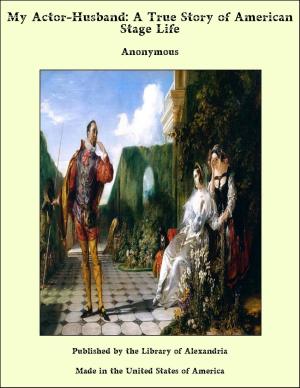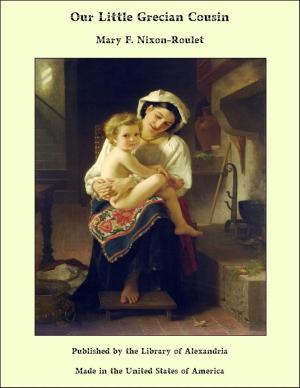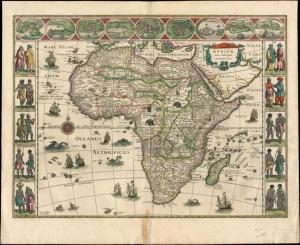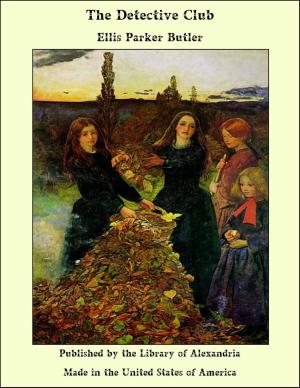The Basket Woman: A Book of Indian Tales for Children
Nonfiction, Religion & Spirituality, New Age, History, Fiction & Literature| Author: | Mary Hunter Austin | ISBN: | 9781465611260 |
| Publisher: | Library of Alexandria | Publication: | March 8, 2015 |
| Imprint: | Language: | English |
| Author: | Mary Hunter Austin |
| ISBN: | 9781465611260 |
| Publisher: | Library of Alexandria |
| Publication: | March 8, 2015 |
| Imprint: | |
| Language: | English |
The homesteader's cabin stood in a moon-shaped hollow between the hills and the high mesa; and the land before it stretched away golden and dusky green, and was lost in a blue haze about where the river settlements began. The hills had a flowing outline and melted softly into each other and higher hills behind, until the range broke in a ragged crest of thin peaks white with snow. A clean, wide sky bent over that country, and the air that moved in it was warm and sweet. The homesteader's son had run out on the trail that led toward the spring, with half a mind to go to it, but ran back again when he saw the Basket Woman coming. He was afraid of her, and ashamed because he was afraid, so he did not tell his mother that he had changed his mind. "There is the mahala coming for the wash," said his mother; "now you will have company at the spring." But Alan only held tighter to a fold of her dress. This was the third time the Indian woman had come to wash for the homesteader's wife; and, though she was slow and quiet and had a pleasant smile, Alan was still afraid of her. All that he had heard of Indians before coming to this country was very frightful, and he did not understand yet that it was not so. Beyond a certain point of hills on clear days he could see smoke rising from the campoodie, and though he knew nothing but his dreams of what went on there, he would not so much as play in that direction. The Basket Woman was the only Indian that he had seen. She would come walking across the mesa with a great cone-shaped carrier basket heaped with brushwood on her shoulders, stooping under it and easing the weight by a buckskin band about her forehead. Sometimes it would be a smaller basket carried in the same fashion, and she would be filling it with bulbs of wild hyacinth or taboose; often she carried a bottle-necked water basket to and from the spring, and always wore a bowl-shaped basket on her head for a hat. Her long hair hung down from under it, and her black eyes glittered beadily below the rim. Alan had a fancy that any moment she might pick him up with a quick toss as if he had been a bit of brushwood, and drop him over her shoulder into the great carrier, and walk away across the mesa with him. So when he saw her that morning coming down the trail from the spring, he hung close by his mother's skirts.
The homesteader's cabin stood in a moon-shaped hollow between the hills and the high mesa; and the land before it stretched away golden and dusky green, and was lost in a blue haze about where the river settlements began. The hills had a flowing outline and melted softly into each other and higher hills behind, until the range broke in a ragged crest of thin peaks white with snow. A clean, wide sky bent over that country, and the air that moved in it was warm and sweet. The homesteader's son had run out on the trail that led toward the spring, with half a mind to go to it, but ran back again when he saw the Basket Woman coming. He was afraid of her, and ashamed because he was afraid, so he did not tell his mother that he had changed his mind. "There is the mahala coming for the wash," said his mother; "now you will have company at the spring." But Alan only held tighter to a fold of her dress. This was the third time the Indian woman had come to wash for the homesteader's wife; and, though she was slow and quiet and had a pleasant smile, Alan was still afraid of her. All that he had heard of Indians before coming to this country was very frightful, and he did not understand yet that it was not so. Beyond a certain point of hills on clear days he could see smoke rising from the campoodie, and though he knew nothing but his dreams of what went on there, he would not so much as play in that direction. The Basket Woman was the only Indian that he had seen. She would come walking across the mesa with a great cone-shaped carrier basket heaped with brushwood on her shoulders, stooping under it and easing the weight by a buckskin band about her forehead. Sometimes it would be a smaller basket carried in the same fashion, and she would be filling it with bulbs of wild hyacinth or taboose; often she carried a bottle-necked water basket to and from the spring, and always wore a bowl-shaped basket on her head for a hat. Her long hair hung down from under it, and her black eyes glittered beadily below the rim. Alan had a fancy that any moment she might pick him up with a quick toss as if he had been a bit of brushwood, and drop him over her shoulder into the great carrier, and walk away across the mesa with him. So when he saw her that morning coming down the trail from the spring, he hung close by his mother's skirts.
